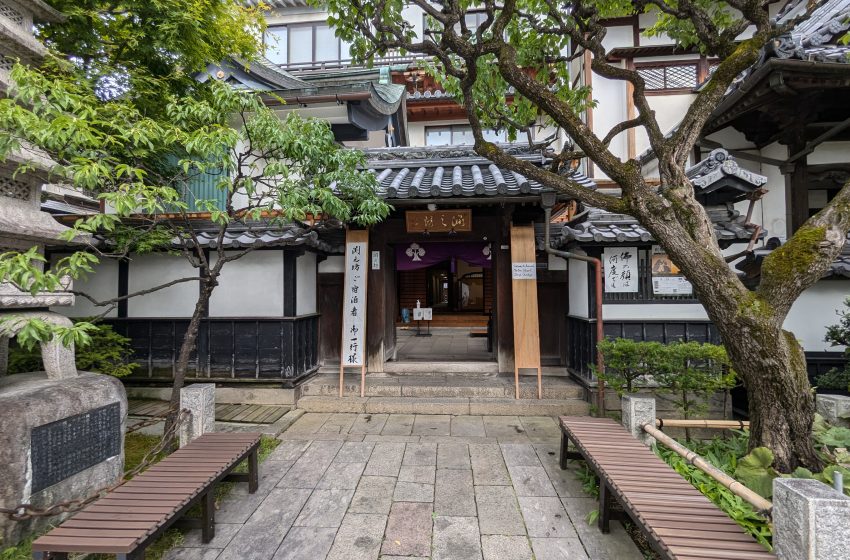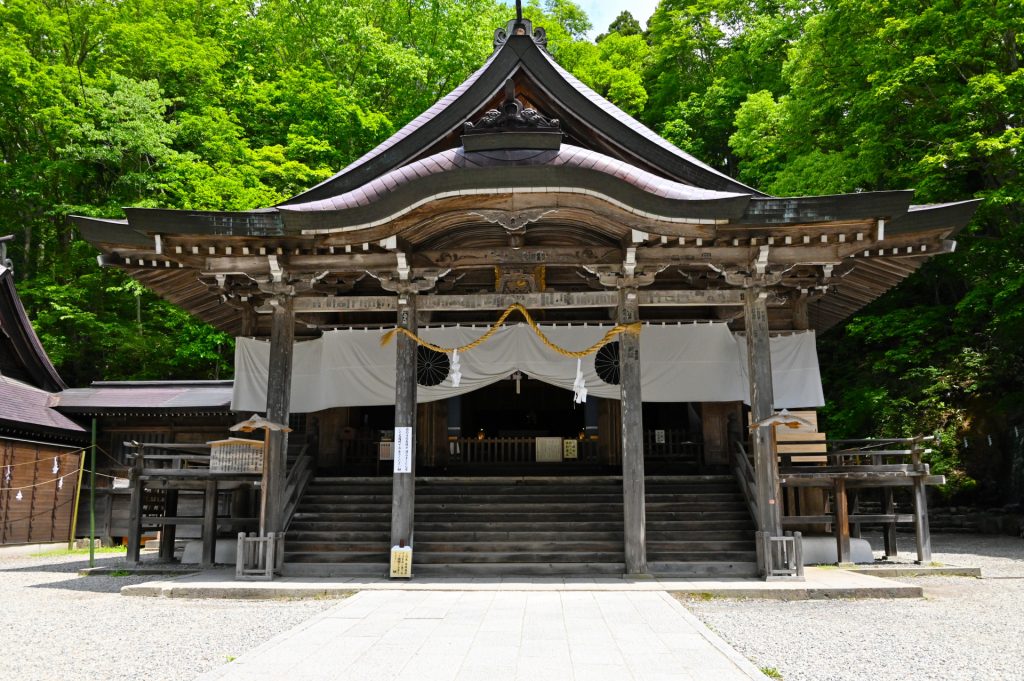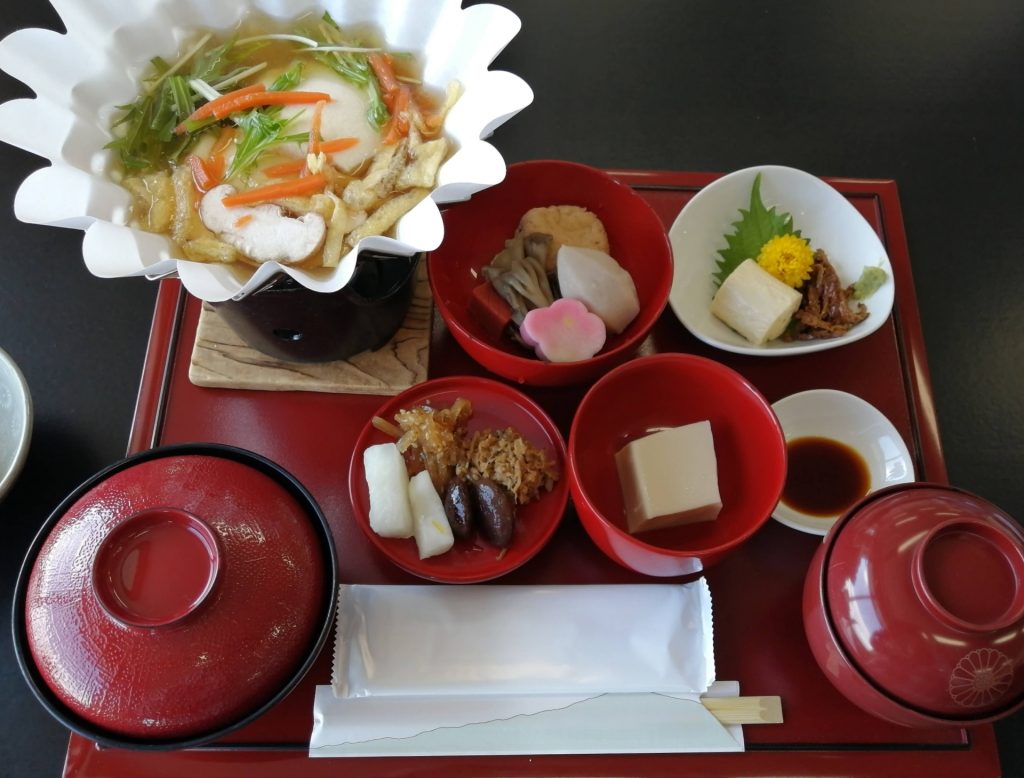
Experience Japan’s Spiritual Side: A Guide to Staying at a Shukubo
For those seeking a unique and spiritual experience in Japan, staying at a shukubo—traditional temple lodgings—offers a chance to connect with Japanese culture, history, and Zen practices. Originally designed for Buddhist pilgrims, shukubo are now open to anyone interested in immersing themselves in a peaceful environment and exploring Buddhist traditions.
What is a Shukubo?
A shukubo is a lodging facility located within or near Buddhist temples in Japan. These accommodations were historically built to host pilgrims and travelers who came to worship at temples or participate in religious activities. Today, they offer a tranquil and culturally enriching stay, attracting both domestic and international visitors.
Shukubo stays typically include minimalist tatami rooms, vegetarian Buddhist meals (shojin ryori), and the opportunity to participate in temple activities like meditation and morning prayers.
Why Stay at a Shukubo?
- Cultural Immersion
Staying at a shukubo gives visitors a firsthand experience of traditional Japanese culture and Buddhist practices. It’s a chance to step away from modern conveniences and connect with centuries-old traditions. - Peaceful Environment
Located in serene settings, such as the mountains of Koyasan or the forests of Nikko, shukubo offer an escape from the noise and stress of everyday life. - Spiritual Exploration
Many shukubo provide opportunities to join zazen (seated meditation), observe sutra chanting, or write Buddhist scriptures. These activities provide a glimpse into the life of monks and help foster mindfulness. - Unique Cuisine
Guests are served shojin ryori, a plant-based Buddhist cuisine that emphasizes balance, simplicity, and seasonal ingredients.
What to Expect at a Shukubo
- Traditional Accommodations
Rooms are typically simple and minimal, with tatami flooring, futon bedding, and sliding doors. Shared bathrooms and bathing facilities are common. - Morning Prayers and Meditation
Guests can participate in morning ceremonies that include chanting and meditation. These rituals are deeply calming and offer insight into Buddhist spirituality. - Shojin Ryori Meals
Meals are a highlight of the stay. Expect beautifully presented dishes made from fresh, local, and seasonal ingredients. These meals are not only healthy but also reflect Buddhist principles of harmony and respect for life. - Temple Grounds and Surroundings
Most shukubo are located in picturesque areas, surrounded by gardens, forests, or mountains. Visitors can enjoy leisurely walks, visit nearby temples, or soak in the natural beauty.
Popular Destinations for Shukubo Stays
- Mount Koya (Koyasan), Wakayama
One of the most famous shukubo destinations, Koyasan is a UNESCO World Heritage Site and a center of Shingon Buddhism. With over 50 temple lodgings, visitors can explore the serene Okunoin Cemetery and Kongobuji Temple. - Mount Mitake, Tokyo
Located in the lush Chichibu-Tama-Kai National Park, this shukubo is perfect for nature lovers. Visitors can enjoy hiking trails and visit Musashi Mitake Shrine. - Nikko, Tochigi
A historical region known for its ornate shrines and temples, Nikko offers shukubo stays that combine spirituality with stunning natural scenery. - Mount Haguro, Yamagata
As part of the sacred Dewa Sanzan mountains, this area offers shukubo stays where visitors can learn about Shugendo, a syncretic spiritual tradition.
Tips for Staying at a Shukubo
- Respect the Rules: Temples are sacred spaces, so follow guidelines regarding noise, photography, and participation in rituals.
- Prepare for Simplicity: Unlike hotels, shukubo are not designed for luxury. Embrace the minimalist lifestyle during your stay.
- Participate in Activities: To make the most of your experience, join meditation sessions, prayers, or scripture-writing events.
- Book in Advance: Popular temples, like those in Koyasan, can fill up quickly, especially during peak travel seasons.
Why Shukubo Are Worth Experiencing
A stay at a shukubo isn’t just about lodging; it’s about stepping into a different way of life. It allows you to slow down, reflect, and appreciate the beauty of simplicity. Whether you’re interested in Buddhist culture, seeking tranquility, or simply looking for a unique travel experience, a shukubo stay promises an unforgettable journey.
Conclusion
Shukubo stays provide a rare opportunity to disconnect from the modern world and reconnect with yourself. They’re an invitation to experience Japan’s rich spiritual heritage and the serene beauty of its temples. If you’re planning a trip to Japan, consider including a shukubo stay in your itinerary—it may be the highlight of your journey.




